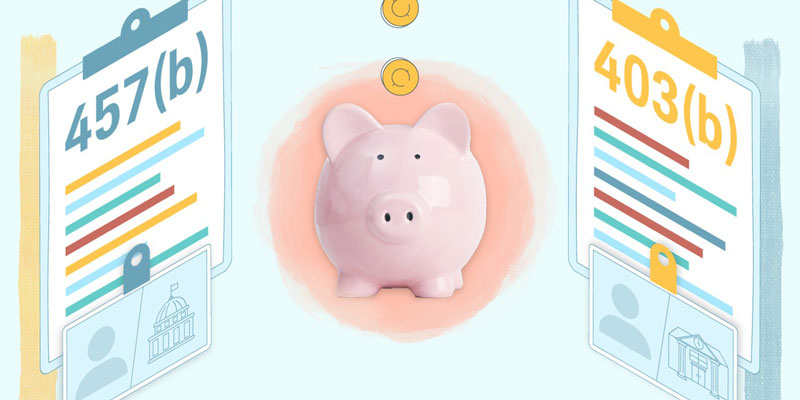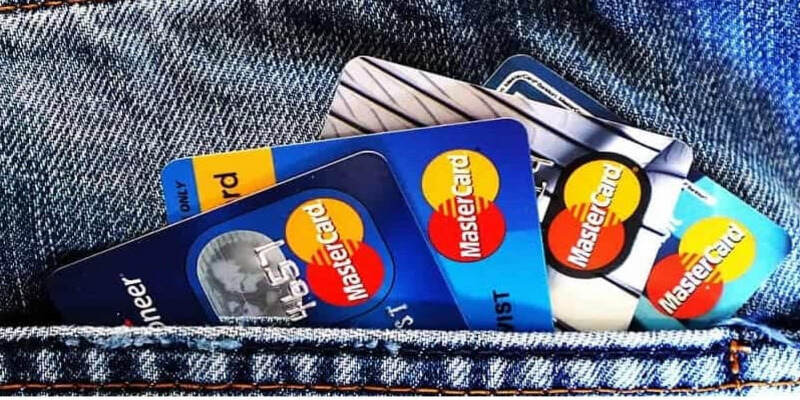Zelle Scams: What They Are and How to Prevent Them
Sep 29, 2023 By Triston Martin
Zelle scams are getting very frequent, which is highly alarming for everyone. Luckily, this article has everything related to Zelle scams and how to prevent Zelle scams. We know the word "scam" might make you shiver, but fear not! We're here to arm you with knowledge that'll help protect you from Zelle scams and keep your hard-earned money safe.
In this article, we'll unravel what Zelle scams are, the sneaky tricks scammers use, and, most importantly, how to prevent falling victim to them. So, grab a cup of coffee, settle in, and let's head straight to the root cause.
What Are Zelle Scams?
Zelle scams, my friends, are crafty tricks used by scammers to snatch your money through the popular money transfer service Zelle. Imagine you get a message from someone you don't know, claiming they've sent you money by mistake and need it back ASAP. Innocent enough, right? But here's the catch: they're con artists and that money they supposedly sent you? It's a mirage.
These scams can hit you when you least expect it, so staying informed is key. To protect yourself, always double-check the sender's info, never share sensitive details, and be skeptical of deals that sound too good to be true. It's all about being cautious, and we'll dive deeper into how to prevent Zelle scams in the next part!
What Types of Zelle Scams Are There?
Zelle scams are very frequent and often scam people different ways. That’s why it's crucial to know their different types so you can stay one step ahead:
The Fake Friend or Family Emergency
Beware of the "Fake Friend or Family Emergency" scam, where a fraudster impersonates a distressed loved one and urgently requests money via Zelle. It's crucial to independently verify such requests before transferring funds to ensure they're legitimate and not a scam. Always exercise caution to protect yourself from financial fraud.

The Phony Purchase or Sale
Be cautious of the "Phony Purchase or Sale" scam when conducting online transactions. If a buyer insists on using Zelle and provides a fake payment confirmation or a check that eventually bounces, it could be a scam. Always independently verify payments before releasing your items to ensure a secure and legitimate transaction.
The Prize or Lottery Scam
Beware of the "Prize or Lottery Scam." Scammers may falsely claim you've won a substantial prize or lottery but insist on a "small fee" via Zelle to access your winnings. Remember, legitimate contests and lotteries do not require upfront payments to claim prizes. Stay vigilant and avoid falling victim to such fraudulent schemes.
The Overpayment Ruse
If you're selling an item online, a scammer may send you more money than required via Zelle. They'll then ask you to refund the excess. Later, their initial payment may bounce, leaving you in the red.
The Impersonation Game
Scammers impersonate official entities like banks or government agencies, asking you to confirm personal information or send money to "resolve issues." Always verify the identity of such contacts independently.
How to Prevent Zelle Scams?
Want yourself to protect from Zelle scams? Here’s how to do it:
Verify the Sender's Identity
Prioritize sender identity verification when receiving unsolicited Zelle money requests. Scammers frequently employ deceptive tactics, such as using fake profiles or impersonating familiar individuals, to catch you off guard. Stay cautious and confirm the authenticity of the sender before proceeding with any financial transactions to safeguard yourself against potential fraud.
Use a Secure Network
When making Zelle transactions, ensure you use a secure and private network. Public Wi-Fi networks can be vulnerable to eavesdropping, making it easier for scammers to intercept your information.

Don't Share Sensitive Info
Your Zelle account details, including your account number and password, should never be shared with anyone, especially if you didn't initiate the transaction. Legitimate organizations won't ask for this information via email, text, or phone calls.
Exercise Caution with Online Sales
If you're buying or selling items online and Zelle is the chosen payment method, take precautions. Verify the buyer's or seller's identity and use secure online marketplaces or apps when possible. Confirm the payment is in your Zelle account before delivering the goods.
Be Skeptical of Unsolicited Requests
If you receive an unsolicited request for money, whether it's from a stranger or even someone claiming to be a friend or family member in an emergency, approach with caution. Scammers often prey on your emotions or goodwill to trick you into sending money.
Stay Informed
Stay vigilant and well-informed regarding the latest Zelle scams and the strategies scammers employ. By staying connected with news sources, online forums, or social media groups dedicated to cybersecurity and financial scams, you can enhance your awareness and preparedness against potentially fraudulent activities involving Zelle. It's essential to stay ahead of scammers by staying informed and educated about the evolving landscape of digital fraud.
Enable Two-Factor Authentication (2FA)
If your bank or financial institution offers 2FA for your Zelle account, enable it. 2FA adds an extra layer of security by requiring an additional verification step, such as a one-time code sent to your mobile device.
The Wrap-Up!
Zelle scams are out there, and sometimes, it is impossible to protect you from Zelle scams. However, with these top prevention tips, you can shield yourself from financial harm. Stay smart, stay safe, and keep those Zelle scammers at bay!





